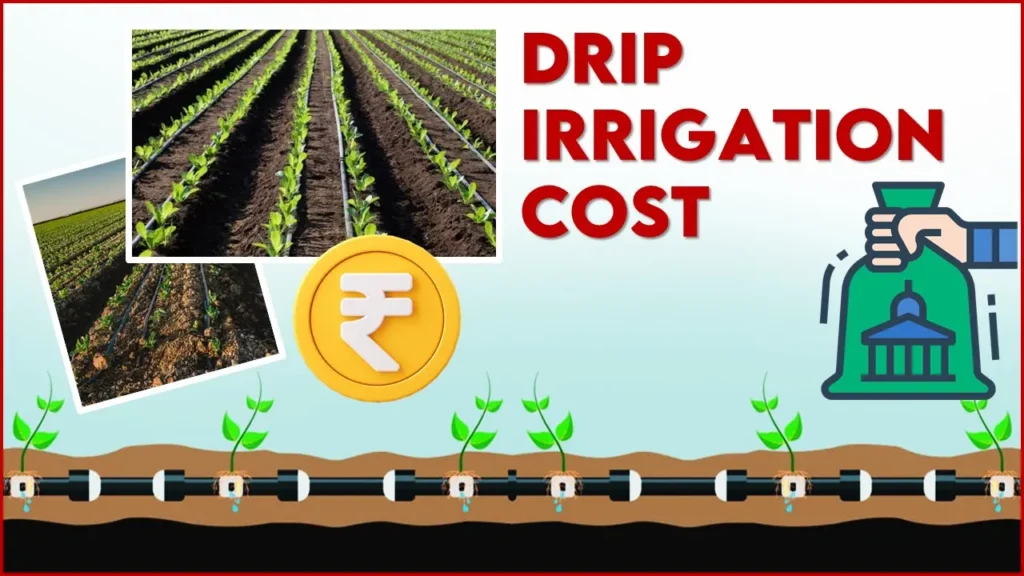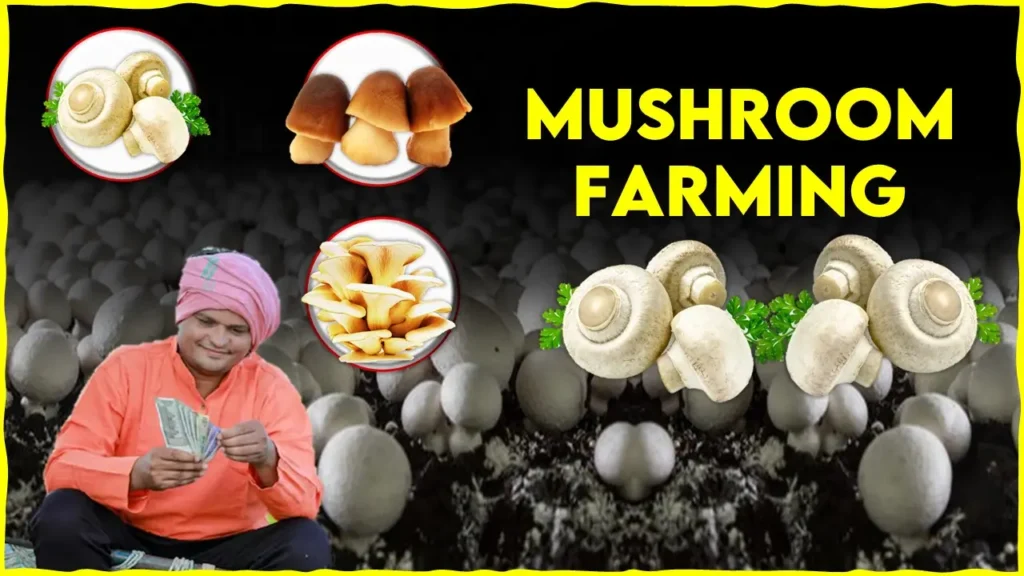Agriculture has long been the backbone of India’s economy, employing millions and supplying sustenance to a vast population. However, the sector has been grappling with challenges like fragmented land holdings, lack of modern technology, and inefficient supply chains. In this context, contract farming has emerged as a promising solution that not only benefits farmers but also agribusinesses and consumers. This article looks into the concept of contract farming, its advantages and challenges, and its special significance in the Indian agricultural landscape.
What is Contract Farming
Contract farming is an agricultural production system whereby a contract is agreed upon between a buyer (known as the processor, manufacturer, or marketer) and a producer (known as the farmer) to produce a certain crop or livestock product. The contract typically specifies the quantity, quality, price, and time of delivery of the product, as well as the provision of inputs and technical assistance by the buyer.
Types of Contract Farming
There are many different types of contract farming in India. Some of them are:
- Input-supply contract farming: In this type of contract farming, the buyer provides the farmer with inputs such as seeds, fertilizers, and pesticides. The farmer then agrees to sell the produce to the buyer at a predetermined price.
- Output-purchase contract farming: In this type of contract farming, the buyer agrees to purchase the farmer’s produce at a predetermined price. The farmer is responsible for providing the inputs and managing the production process.
- Joint venture contract farming: In this type the buyer and the farmer jointly invest in the production of the crop with a profit sharing agreement between the two parties.
Advantages of Contract Farming
1. Access to Resources: One of the main advantages for farmers is access to resources such as improved seeds, fertilizers, and modern technology provided by the buyers. This leads to enhanced productivity and quality of produce.
2. Risk Mitigation: Contract farming allows farmers to mitigate production and market risks. Agribusinesses often provide technical guidance and support, helping farmers navigate challenges related to pests, diseases, and adverse weather conditions.
3. Steady Income: The predetermined pricing and guaranteed market ensure a stable income for farmers, reducing income fluctuations and enhancing their financial stability.
4. Market Linkages: Contract farming provides direct linkages to markets, eliminating intermediaries and ensuring that farmers’ produce reaches consumers efficiently. This is crucial in a country like India, where post-harvest losses are significant.
5. Quality Assurance: Buyers specify quality standards, ensuring that the produce meets market requirements. This encourages farmers to adopt best practices and maintain consistent quality.
6. Infrastructure Development: To fulfill contract obligations, buyers often invest in infrastructure development in the farming areas, such as storage facilities and irrigation systems, benefiting the entire community.

Challenges and Concerns
While contract farming holds immense promise, it is not without its challenges:
1. Power Imbalance: In many cases, there’s an inherent power imbalance between farmers and buyers. Agribusinesses may dominate negotiations, potentially leading to unfavorable terms for farmers.
2. Enforcement Issues: Enforcing contract terms and resolving disputes can be complex, especially in areas with limited legal infrastructure.
3. Crop Failure: Natural disasters, diseases, or pest outbreaks can lead to crop failure, raising questions about who bears the financial burden.
4. Lack of Awareness: Many farmers, especially in remote areas, might not fully understand the implications of contract farming or the terms of the agreements they enter.
Also Read:
- 25 Profitable Agriculture Business Ideas with low investment
- What is Black Wheat? Exploring Its Incredible Benefits
- Top Tea Producing States in India
Is Contract Farming practiced in India
Yes, contract farming is practiced in India. It has gained popularity as a way to connect farmers with markets, improve agricultural productivity, and create more organized supply chains. The Indian government has also taken steps to promote contract farming through various policies and initiatives.
Several agricultural commodities, including fruits, vegetables, grains, and cotton, are produced through contract farming arrangements in India. Agribusinesses, food processing companies, and exporters often enter into contracts with farmers to ensure a consistent supply of quality produce for their processing or export needs.
To regulate and promote fair contract farming practices, the Indian government introduced the “Model Contract Farming Act” in 2018. This model act provides a framework for contract farming agreements and aims to protect the interests of both farmers and buyers. It emphasizes transparency, dispute resolution mechanisms, and the provision of support services to farmers.
A Few successful cases of Contract Farming in India
PepsiCo’s Experience with Contract Farming
PepsiCo entered the Indian market in 1989 with a tomato processing plant in Punjab. However, the company faced challenges in obtaining a consistent supply of quality tomatoes that met international processing standards. To address this issue, PepsiCo implemented a contract farming model.
In this model, PepsiCo partnered with local farmers, providing them with selected inputs such as seeds and technical advice. The farmers grew the required crops on their land, and PepsiCo ensured a guaranteed market for their produce. This arrangement helped PepsiCo secure a stable supply of quality tomatoes for its processing plant.
Over time, PepsiCo expanded its contract farming model to other crops such as Basmati rice, spices like chilies, oilseeds like groundnut, and more. The company collaborated with local agricultural institutions and government bodies to build trust among farmers and improve agricultural practices.
The success of PepsiCo’s contract farming approach was attributed to factors like dedicated research and extension services, partnerships with local agencies, and the provision of necessary inputs and technical support to farmers. The model helped transform farmers’ production systems, ensuring a consistent supply of quality produce for PepsiCo’s processing plants while benefiting the farmers with assured markets and improved agricultural practices.

Ugar Sugar’s Case
Ugar Sugar Works Ltd., based in Belgaum, Karnataka successfully established a unique form of contract farming for barley supply to its malt unit.
Ugar Sugar Works faced the challenge of sourcing quality barley for its malt unit, which was essential for its operations. The company decided to address this challenge by creating a backward linkage with farmers in Northern Karnataka to grow barley.
The barley contract farming model helped Ugar Sugar ensure a consistent supply of quality barley for its malt unit. However, the model faced challenges related to market dynamics and price fluctuations. In some instances, the market price of barley was more advantageous than the contract price, leading to losses for the company.
Despite these challenges, Ugar Sugar remained committed to the model and considered it one of the best ways to ensure the timely availability of quality barley. The company expressed its interest in implementing similar contract farming systems for other high-density plants, such as Casuarina and Eucalyptus, to support its cogeneration plant’s fuel needs.
Ugar Sugar’s experience with barley contract farming highlighted the importance of addressing market dynamics and ensuring a fair and transparent relationship between the contracting company and the farmers. This case demonstrated that contract farming, when well-executed, could create mutually beneficial outcomes for both agricultural businesses and farmers.
The future of contract farming in India
The future of contract farming in India is uncertain. The government has been promoting contract farming as a way to improve farmers’ incomes, but there are still some challenges that need to be addressed. These challenges include:
- The need for clear and transparent contracts
- The need to protect farmers from exploitation by buyers
- The need to ensure that farmers have access to inputs and technical assistance
- The need to develop markets for the produce of contract farmers
If these challenges can be addressed, then contract farming has the potential to play a significant role in the development of Indian agriculture. It can help to improve farmers’ incomes, reduce their risk, and increase their productivity.
Conclusion
Contract farming has the potential to revolutionize Indian agriculture by providing smallholder farmers with access to markets, technology, and modern practices. While challenges remain, efforts by the government, private sector, and civil society are gradually addressing these issues. The evolution of a balanced legal framework and the expansion of awareness and training programs can collectively ensure that contract farming becomes a transformative force for sustainable rural development in India.
Latest Post
- From Tea Stall to Farming Frontiers: The Journey of Gramik’s Founder

- Drip Irrigation Cost per Acre: Best Guide of Cost, Subsidy and Installation

- 10 Incredible Coconut Flower Benefits That You Should Know

- Mushroom Farming in India : Best A-Z Guide

- How to Grow Pink Oyster Mushroom: A Comprehensive Guide

- Stunning 30 Types of Succulents Plants in India

- April 2024 – Times of Agriculture Magazine (Gramik)

- 4 Amazing Types of Tulsi Plant : Care for Tulsi Plant

- How to Grow Shimeji Mushrooms: 2 Way to grow




